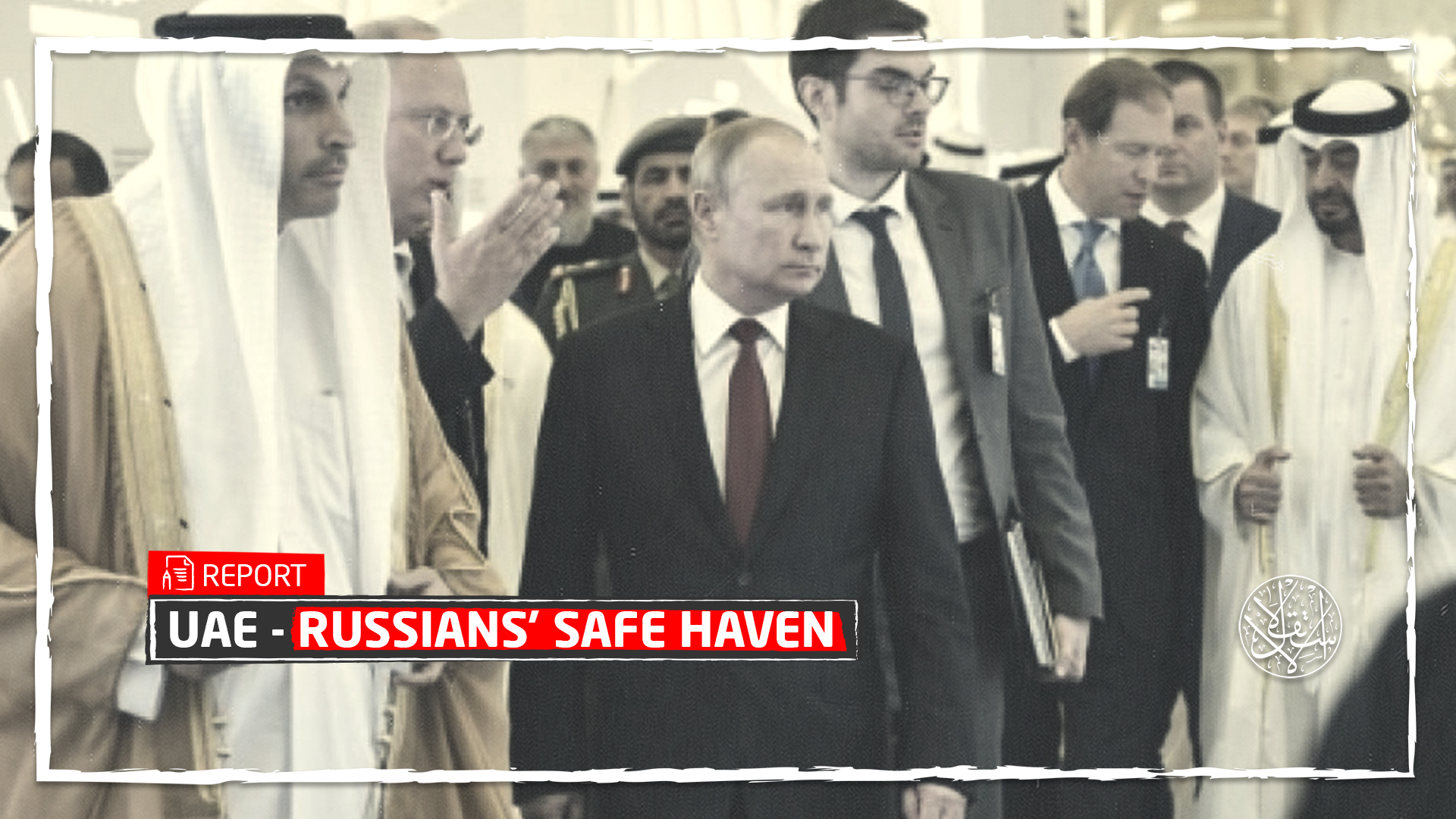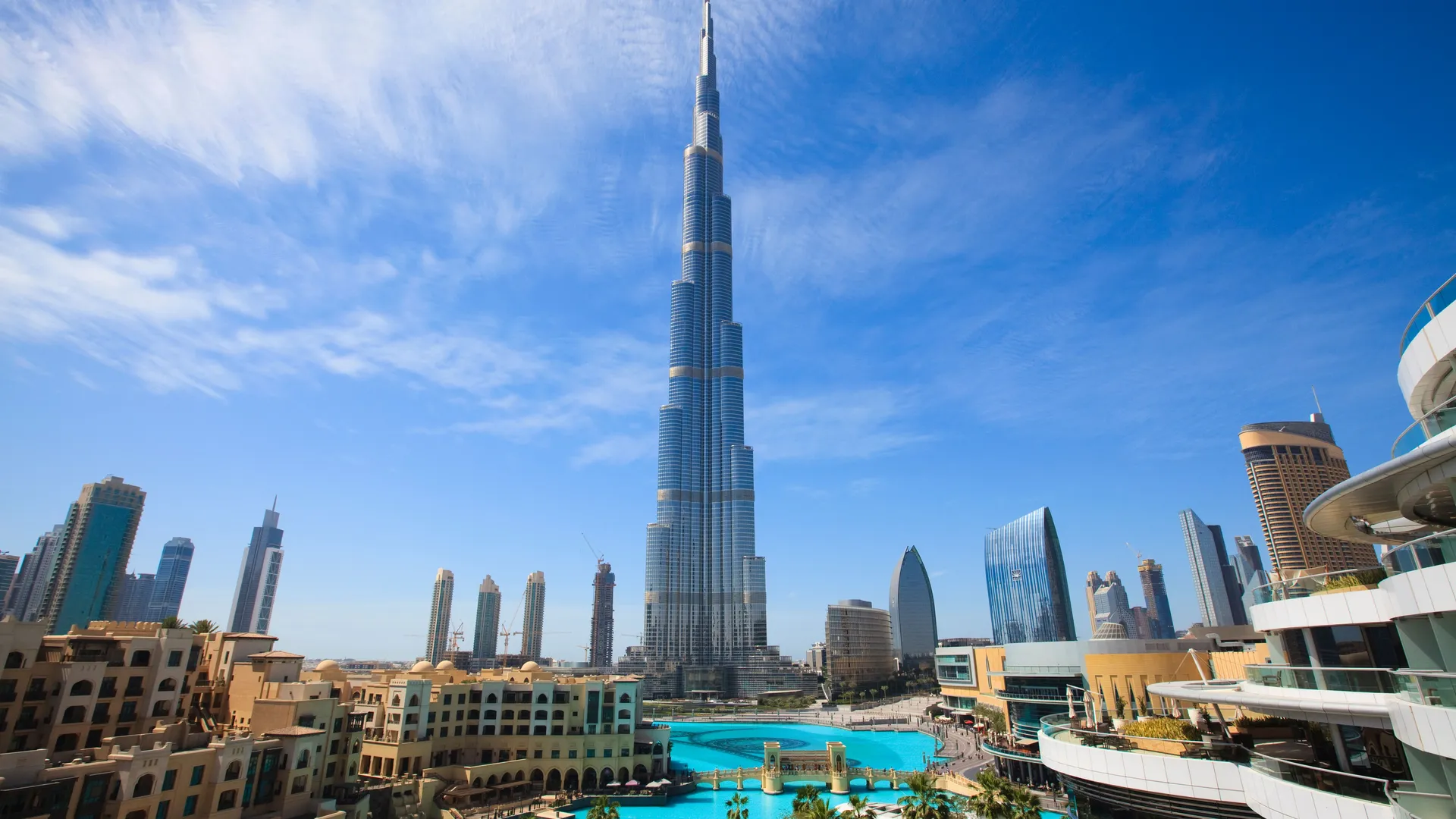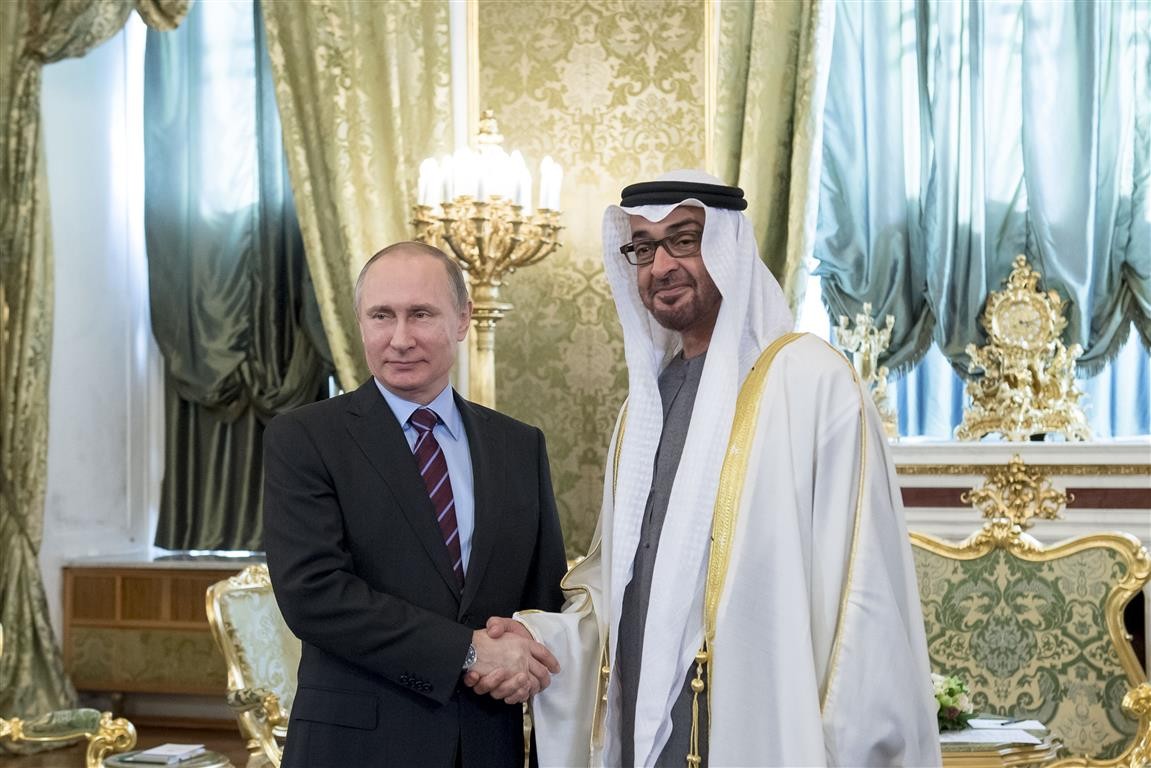How Has Dubai Become a Haven for Wealthy Russians Fleeing Western Sanctions?

On the runway of Dubai Airport, the work of a small terminal rebounded this month, with dozens of Russians, many of them wealthy figures from Vladimir Putin's close circle, carrying dozens of Russians.
After a brief welcome in the VIP hall and then taking off in limousines, the oligarchs entered a world that did not care about Moscow's invasion of Ukraine and did not try to punish Putin, but instead voluntarily embraced those who carried out the invasion.
Oligarchs and other wealthy Russians are more welcome in Dubai than anywhere else in the world, as well as their wealth flowing into the UAE in unprecedented quantities, often by secret means.
Exceptional Status
Reuters said that wealthy Russians have received assurances from Moscow that their money will be safe in the UAE, although Abu Dhabi is careful not to prove that it has exceeded sanctions.
Mashreq Bank of the United Arab Emirates has already been fined for circumventing sanctions against Sudan and Iran.
Experts told Reuters that the UAE does not want to repeat this so as not to remain on the gray list of money laundering for a long time.
This relationship between the UAE and wealthy Russians is not born today, and in 2017, many Russian companies based in the UAE were found to be involved in what is known as the "Russian laundry."
The New York Times reported March 9, 2022, that more than 20 wealthy allies of President Vladimir Putin own luxury mansions on the coast of Dubai, including a former regional governor, a nuclear power plant manager, a construction magnate, a former senator, and a Belarusian tobacco businessman.
It confirmed that at least 38 wealthy people associated with the Russian president own dozens of properties in Dubai worth more than $314 million, as well as many yachts currently parked safely.
Six of these wealthy people are under U.S. and European sanctions, according to data from the nonprofit Center for Advanced Defense Studies.
Countries such as Switzerland, Monaco and the Cayman Islands, known as safe havens for “dirty” money, have implemented these sanctions, while the UAE has not taken a single step in this direction, the American newspaper says.
Despite its strong security alliance with the United States, the UAE has in recent years turned into a playground for Russia’s wealthy, the paper says, noting that it "may undermine recent sanctions and lose their effectiveness," by welcoming the wealthy Russians at the height of the crisis.
“Russian tech executive Ilya Krasilshchik hurriedly packed up 3 suitcases and boarded a flight to Dubai this week: ‘The country that we lived in has been destroyed. What future is there for a country where chekisty have seized power?’” https://t.co/1OVfTm9k09
— Bianna Golodryga (@biannagolodryga) March 9, 2022
Safe Haven
Adam Smith, a lawyer and former adviser to the U.S. Treasury Department office that manages sanctions, was quoted by The New York Times as saying that any financial center that wants to take advantage of sanctions would do so easily, adding, "Just provide a way out or a breach and then you'll undermine the whole thing."
Abu Dhabi officials have assured the Russians that they will not impose sanctions on any Russian except through the United Nations, which Moscow can veto all its resolutions based on its veto power.
According to a regional intelligence source who spoke to The Observer newspaper, financial transactions, from high-end real estate sales to leases, were largely carried out using cryptocurrencies, but some transactions were carried out through direct transfers from Russian financial entities linked to a number of sanctioned Russian business leaders.
Such moves undermine the impact of U.S. and EU sanctions on supporters of Russian leaders, as well as strongly attract the next class of Russian businessmen who fear the same fate.
The report alluded to a number of real estate brokers in Dubai that the real estate industry is now one of the largest emerging markets ever, with Russian investors flocking to homes and apartments at unprecedented levels, whether by buying them directly or paying their rent in advance for a year, says Alan Pinto, leasing consultant at Space Real Estate in Dubai Marina.
"It's incredible, as a large number of Russian investors buy housing units, we get a huge number of phone calls from tenants, they transfer their money using cryptocurrencies, they have intermediaries who do it on their behalf, and then they transfer cash to the owners of housing units."
Wave of Fugitives
The Dubai-based Russian Emirates website receives a series of questions every day about all aspects of living in the UAE for Russian nationals, from restaurants serving Russian food in the UAE to Russian-speaking clinics in the Gulf emirate.
The most common question with more than 83,000 views has been: "Can I get UAE citizenship?" Since the Russian invasion of Ukraine and western sanctions on the Russian economy, the number of readers and surfers of the Russian Emirates website has doubled to 300,000 in a week.
Experts expect the future to see an increase in the number of surfers, particularly as Russians seek ways to avoid sanctions and preserve their wealth, while others seek to escape a "politically dangerous" situation within Russia.
An oil industry expert who visited Dubai last month spoke in an interview with Deutsche Welle about a significant and tangible change: "There is a sense that there is a dramatic change in the rules of the game regarding the flow of capital to Dubai because the Russians are leaving their country and looking for safe financial havens away from Russia."
The report noted that the UAE has long known, among bankers, influential people and international emperors, as an open environment for investment without asking many questions, where a residence permit and bank account can be obtained within 30 days after the company's registration, and a permanent residence permit can be obtained after the purchase of a luxury villa valued at about $1.5 million, and employees may soon join the international banks that had headquarters in Russia.












